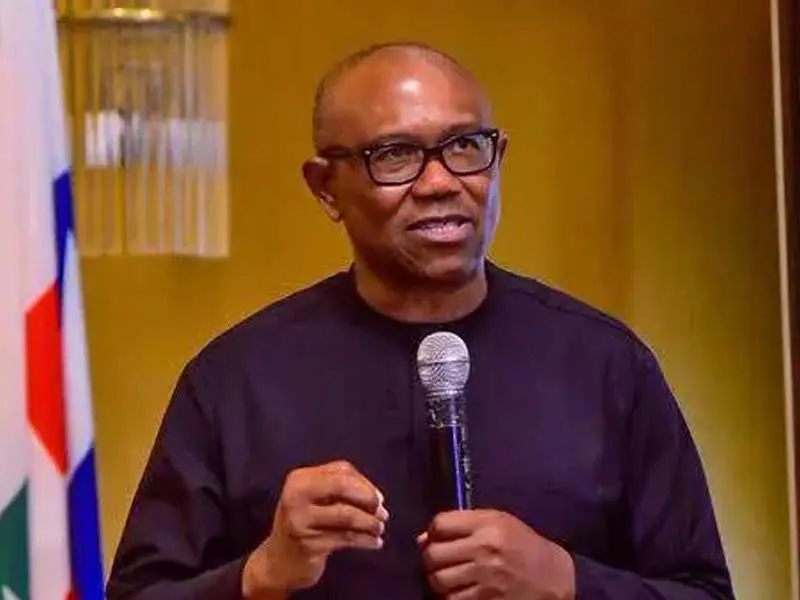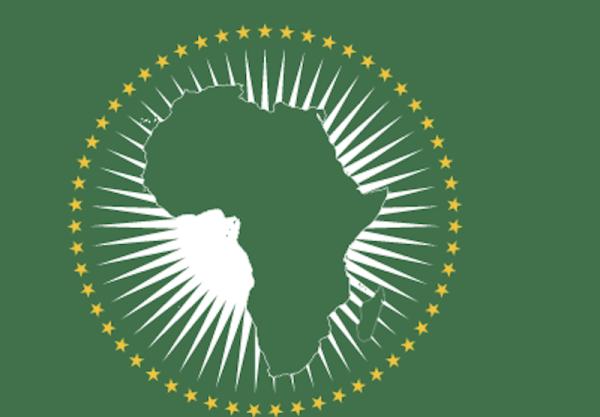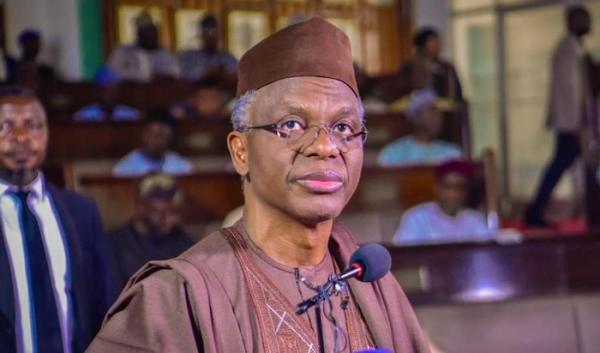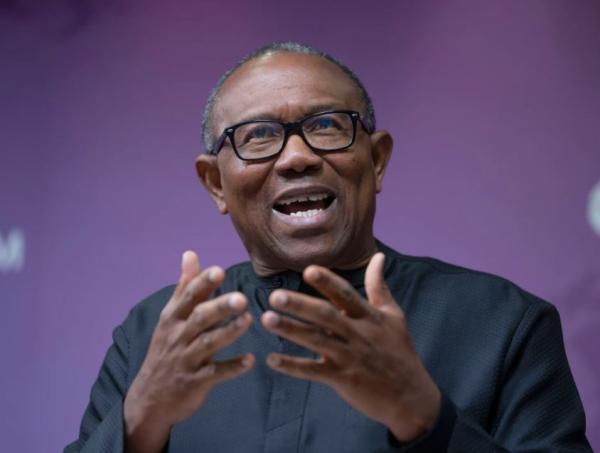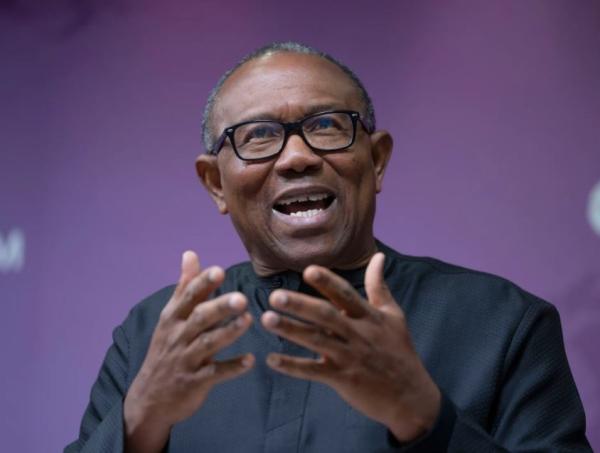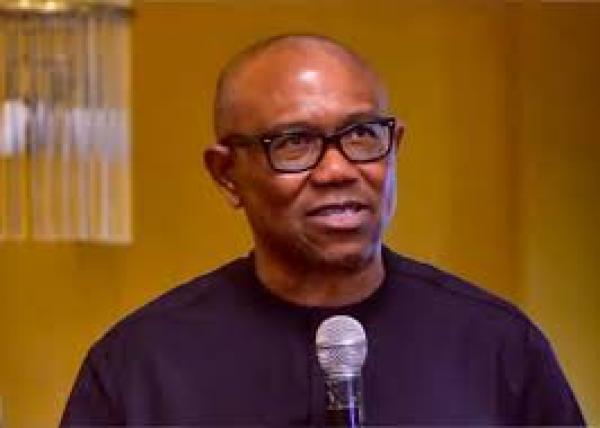
Peter Obi, the former Labour Party presidential candidate in the 2023 general elections, has condemned the Nigerian government for dispatching an excessive number of delegates to international gatherings.
In a post on his verified X account on Saturday, Obi maintained that this represents a misplaced priority, considering that around 150 million Nigerians live in multidimensional poverty, facing daily challenges such as food scarcity, inadequate healthcare, and limited access to essential services.
The former governor of Anambra State noted that Nigeria cannot be compared to China, which has a larger population and a bigger GDP.
He further emphasized that the country’s involvement on the global stage should exemplify responsible leadership, one that genuinely prioritizes the welfare of its citizens and reflects Nigeria’s real capacity to participate effectively in international climate initiatives.
“Again, in a bitter twist of irony, we thank Nigeria for having the third-largest delegation at COP30, with 749 delegates, similar to China with 789 delegates.
While Nigeria needs to have a strong voice in global climate discussions, this spectacle comes at a heavy cost to our people, with about 150 million living in multidimensional poverty, struggling daily with food insecurity, inadequate healthcare, and limited access to basic services.
“Yet, our leaders travel in large numbers, funded by taxpayers, attending climate talks abroad while the citizens they are meant to serve continue to suffer.
“Compared to China, which had about the same contingency, China has a high HDI, while Nigeria has a low one, with a key measure of life expectancy at the lowest 54 years, against China’s 79 years. China’s GDP stands at $18.74 trillion, while Nigeria’s GDP is barely 1% of that size, a little over 200 billion dollars. China’s GDP per capita is about $13,300, whereas that of Nigeria is below 10% of that, reflecting the deep economic disparity between the two nations.
“Moreover, 63% of Nigerians live in multidimensional poverty, which is about 150 million people, the highest number in the world, facing deprivations in health, education, and living standards, while it is only 3.9% in China; meanwhile, China’s population is about seven times larger than ours.
“This stark contrast illustrates why Nigeria should not be sending a delegation of this size. The human and financial resources expended on hundreds of officials travelling abroad could instead be directed toward urgent social investments at home, improving healthcare, education, and living conditions to lift our people out of poverty,” he wrote.












